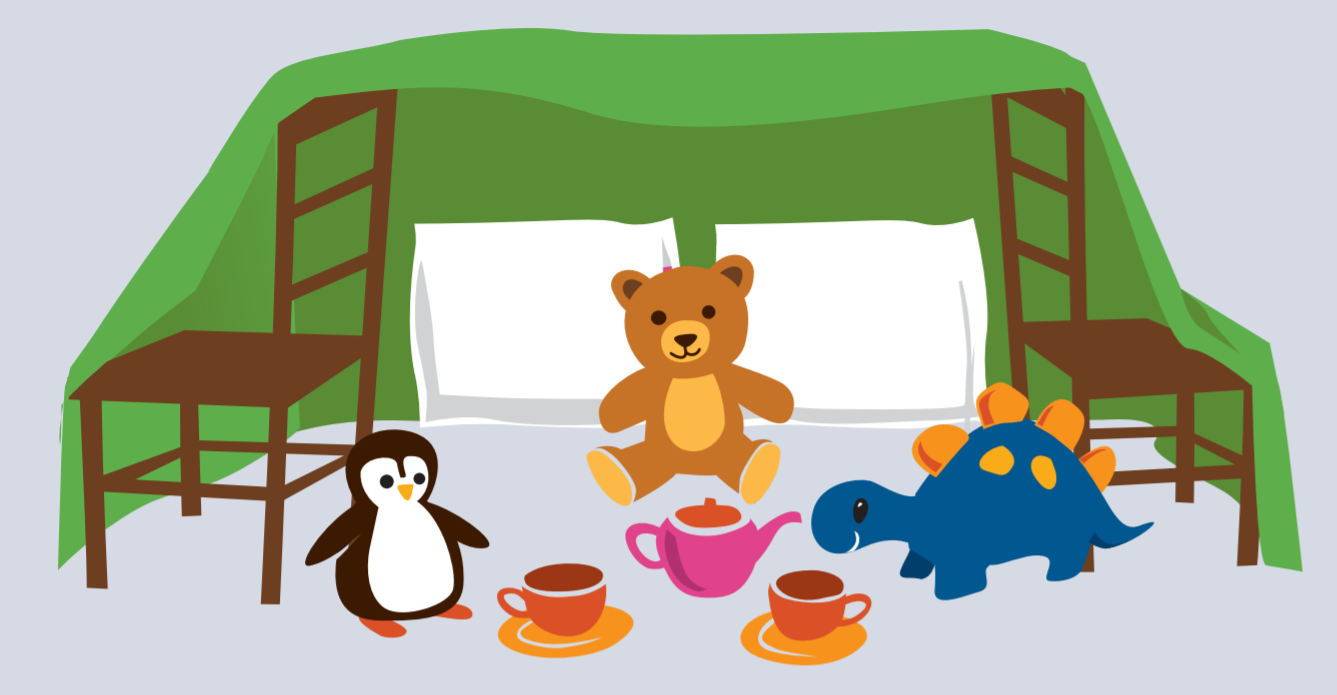The young girl is sitting under the dining table in her house. She has put a blanket on the table that hangs down its side making it her cozy abode. In it she sits with her lovely dolls. Busy pretending to be a mother to many young babies who maybe in the middle of a play date of just getting ready for school.
The scenario is not new to most of us. We have done this. Our sisters have. Our friends have. Daughters, nieces…… almost all the young girls I know have “played” like this. Not only have they played but they have also been encouraged to play like this. The loving, nurturing and maternal side of girls is almost taught. Its expected and conditioned.
This Little girl grows up. She has been educated well and made to be an “independent girl”. She works and takes her own decisions. She then gets married. life goes on. Once a child comes onto the picture somehow the whole conditioning that started some 25 odd years ago surfaces. She is the one who deems herself to be responsible for the little one. She is the primary caregiver, naturally and even emotionally. The most confusing part for this young mother is the confusing signals she gets. It messes with her way of life. Is she expected to be the independent woman? But how? Now suddenly she can’t even take small decisions herself, her life is pretty much dominated by a non-talking, non-moving yet adorable new person in her life. Or……

The new mother is dealing with a lot. She has changed, her body has changed, her status in the family and society has changed, her responsibilities have changed and increased in short life is different now. All the mothers reading this will be able to connect with what I am trying to say. Now to say that a woman has a child who is not the typically developing one. I cant even begin to imagine the whole way life changes now for that mother.

I feel the strongest thing we have as a mother is out instinct, our gut feeling. It most often, almost always gives us signals. We as mothers sometimes take those and sometimes ignore them. Sometimes these feelings are so scary that we choose to not face them, hoping that in due course of time these will vanish. A mother is often the first one to see, notice, observe and pick up anything and everything about her child. I often urge mothers to trust their gut and follow it. If something does not feel “okay” please please follow that up. Ask for help, get it checked, read, and please talk.
Having worked in the field for almost 2 decades now I can say that I have come across enough mothers who at some point have a feeling that borders the statement “I wish I had listened to my heart and looked for help.” I understand that feeling as a mother today. Way better than I did 10 years ago. I think becoming a mother has made me strong and weak at the same time. A mother of a child with special needs also has the same emotions, just her path is more difficult, her fears more scary, her goals different and her support is often missing.
This article is no scholarly piece of work offering help. It does not say whats good and bad. It does not say whats right or wrong. It does not chalk out a path for anyone. It is just an article that says “hats off” to the mothers. It says “thank you” to them and it is just urging each one of us to help, support and stand for mothers rather than judging. They are dealing with enough (more that enough actually) we don’t need to add to that list.
This is my personal salute to every mother who deals with odds to help her child lead a life that the child wants and the parent envisions for them.









